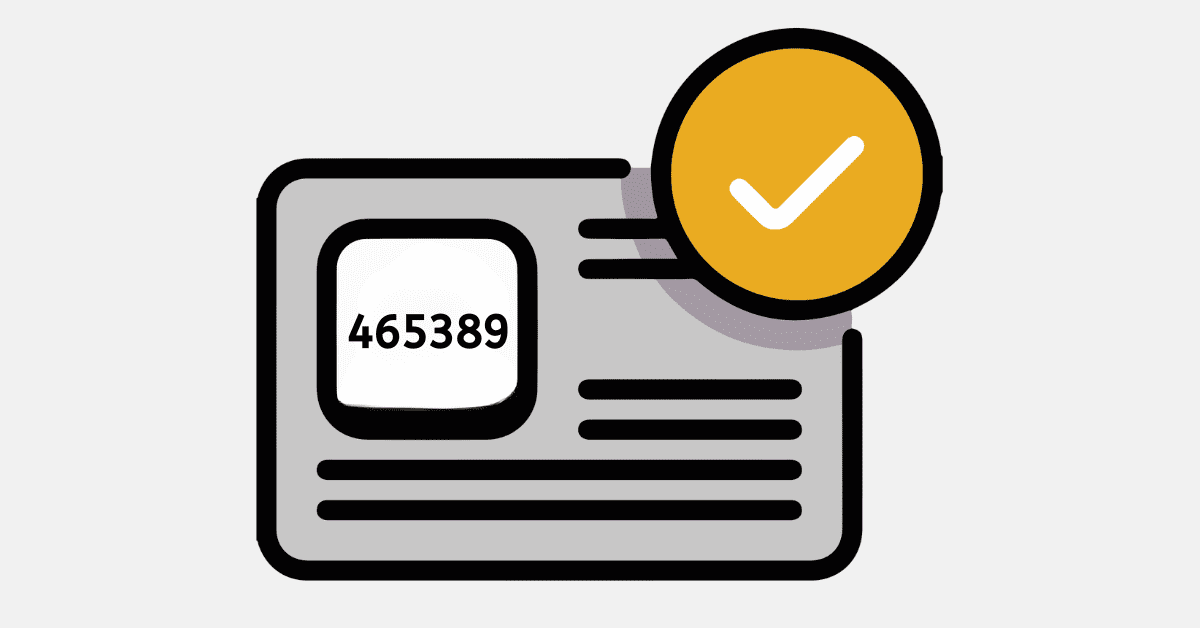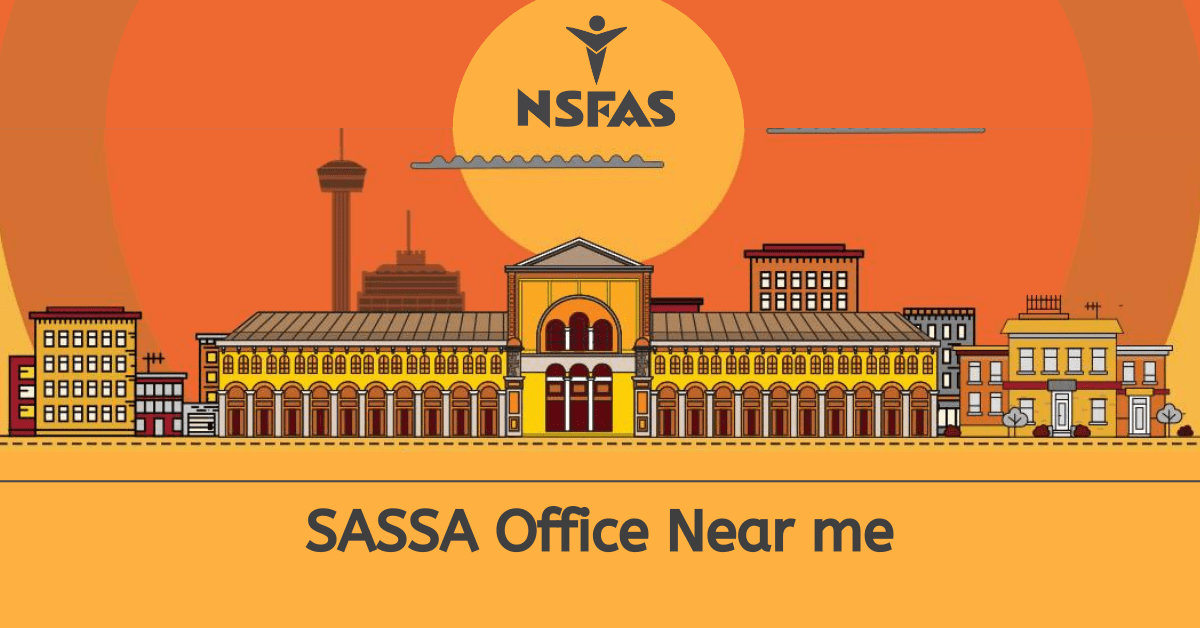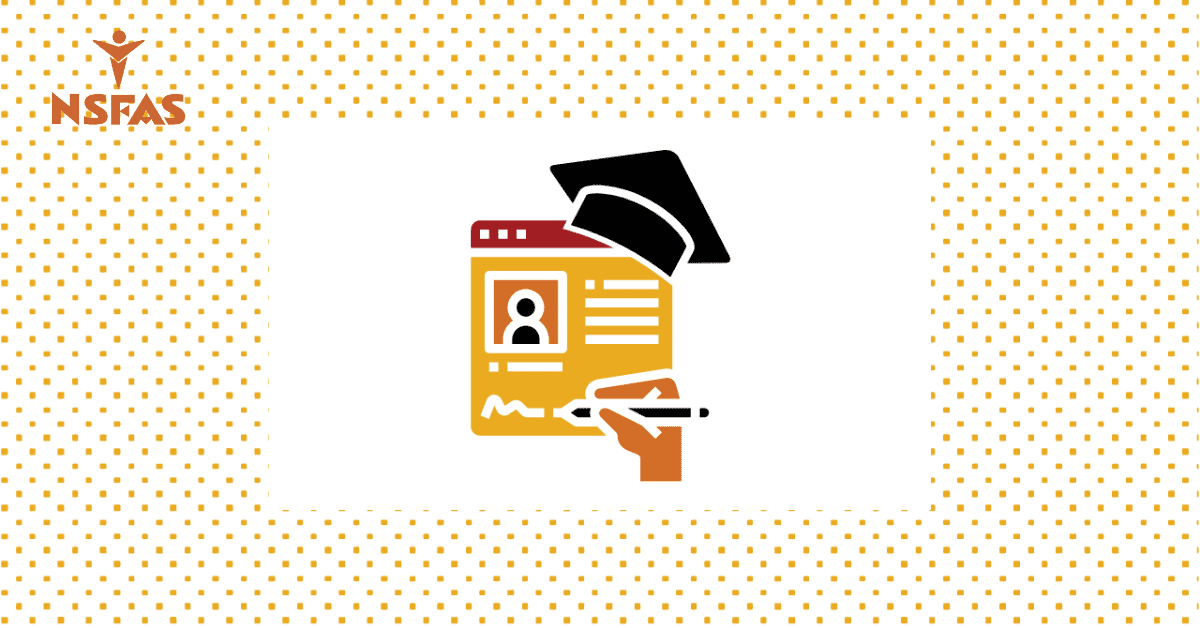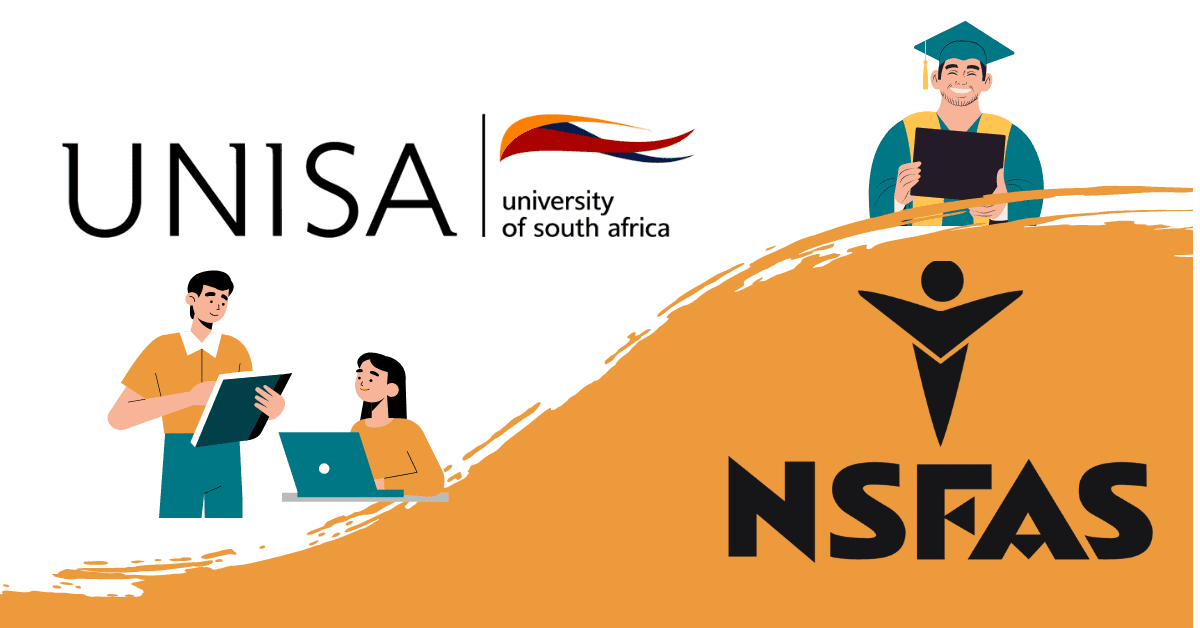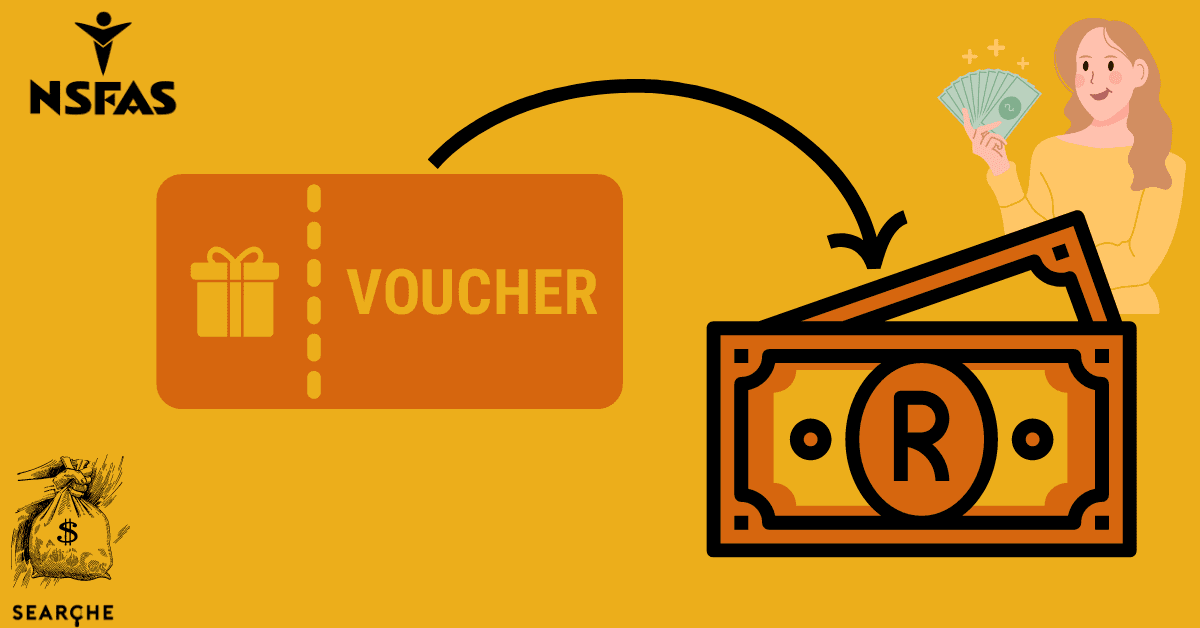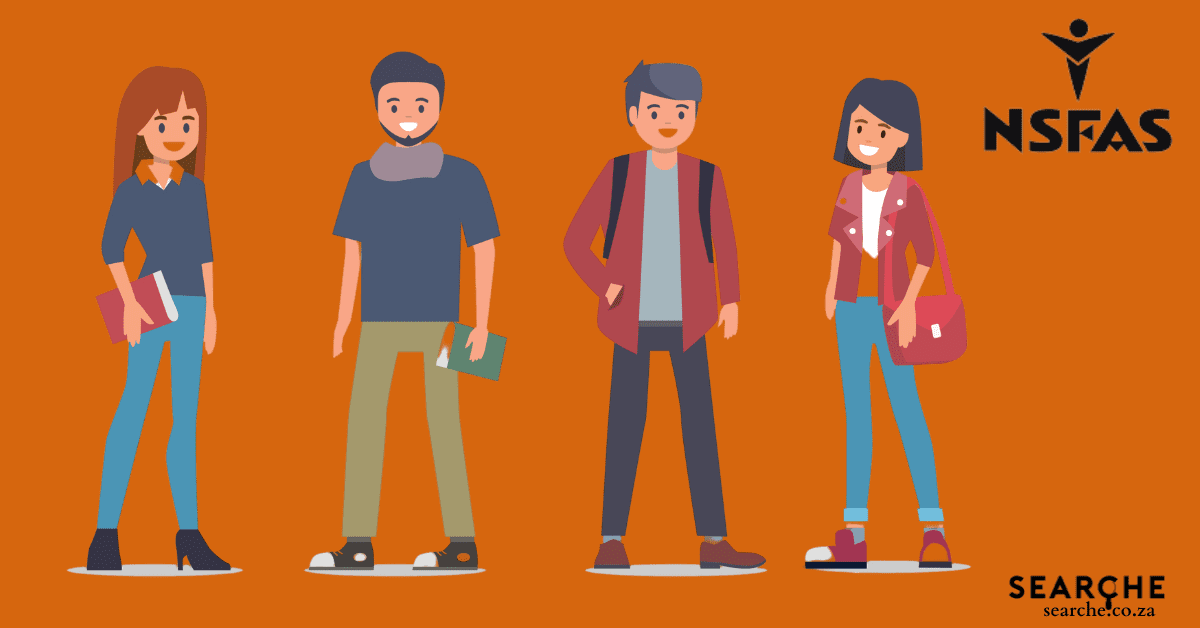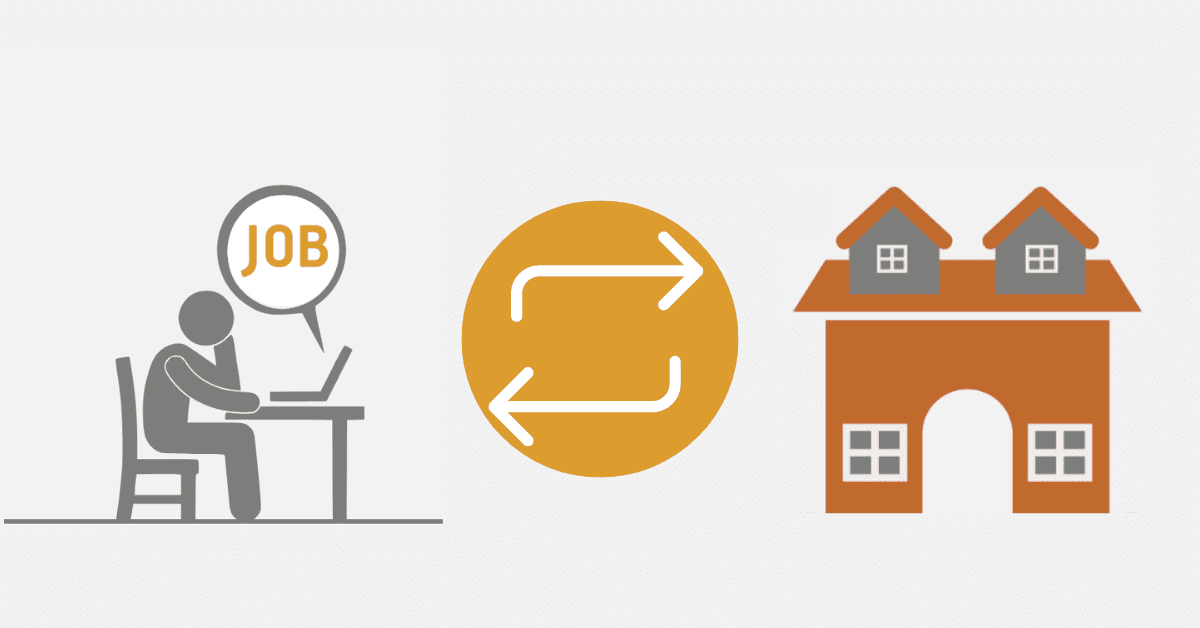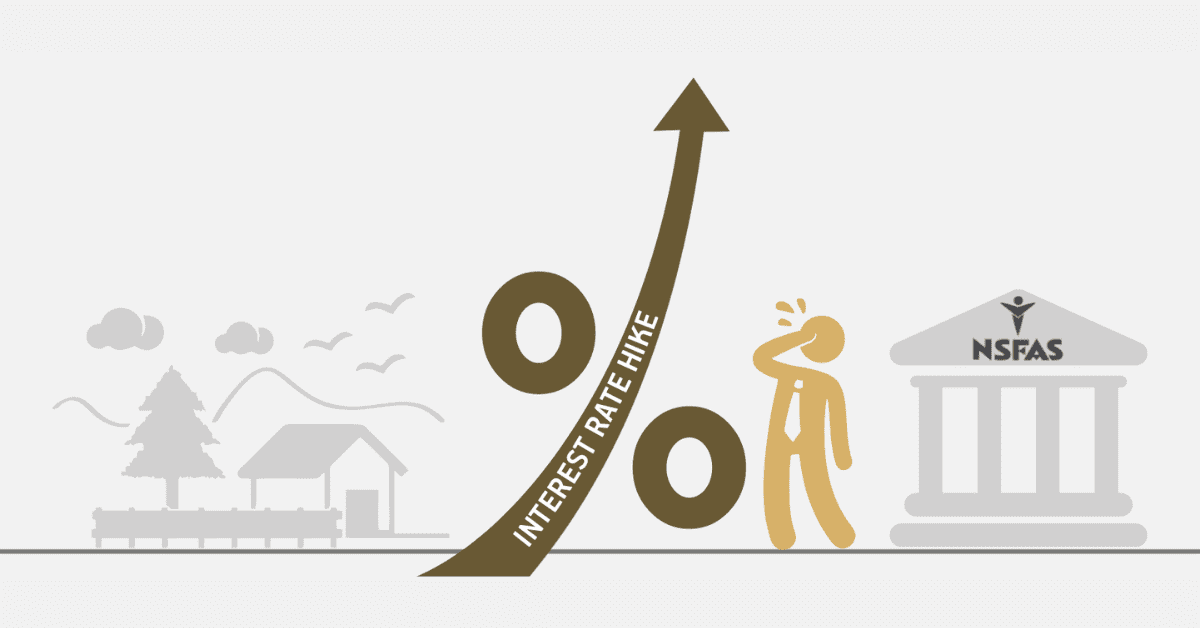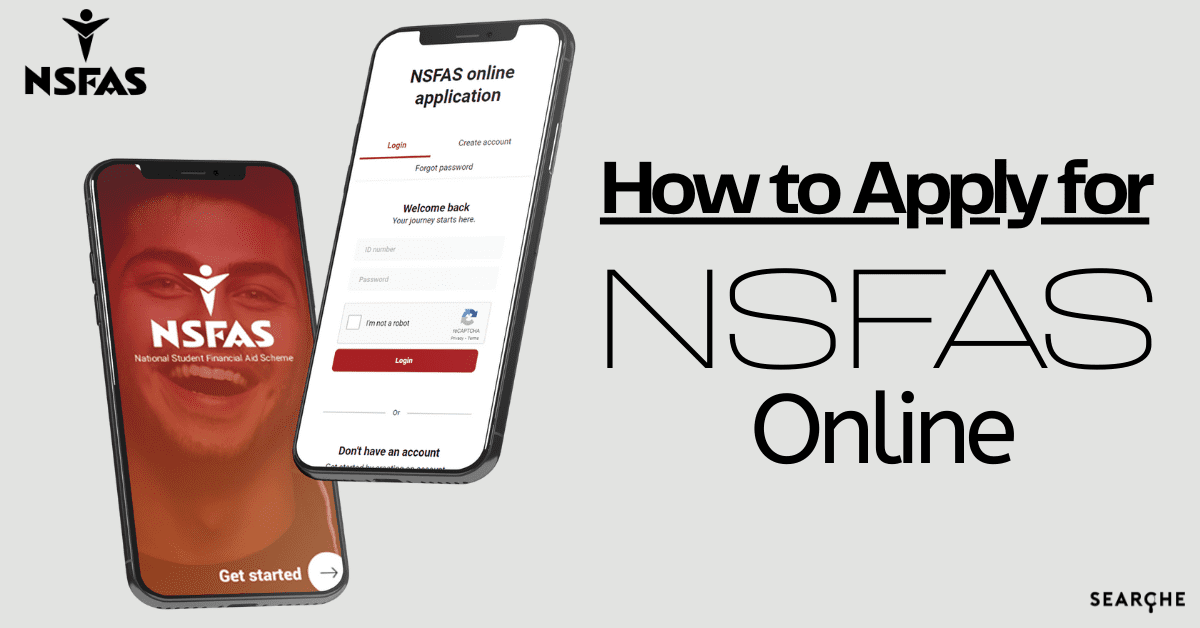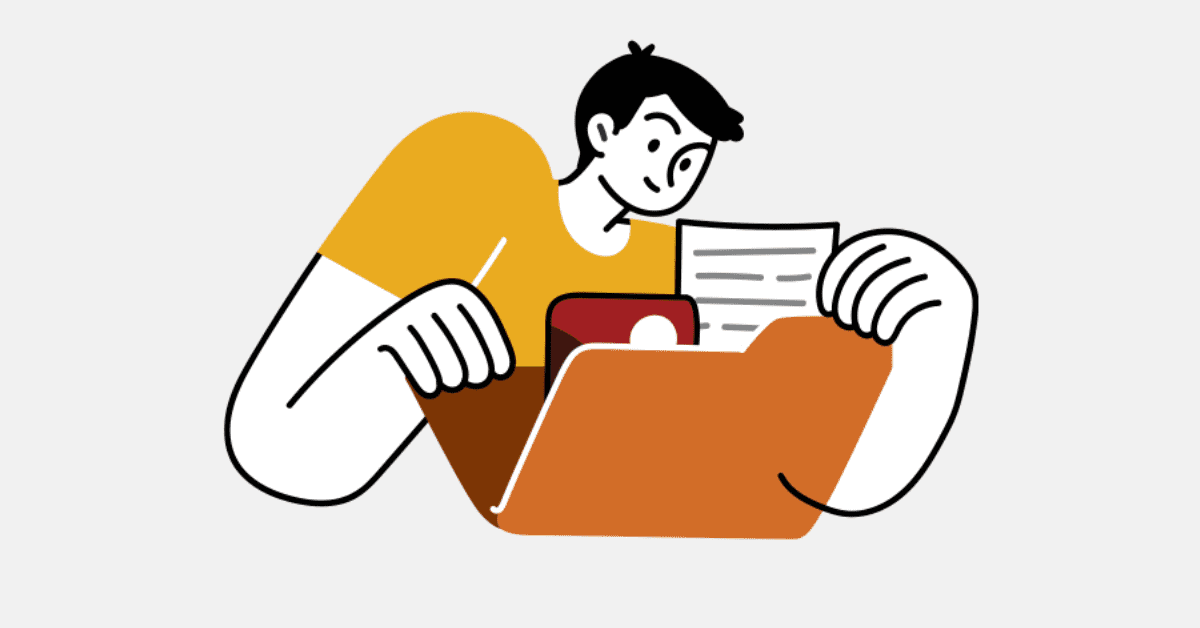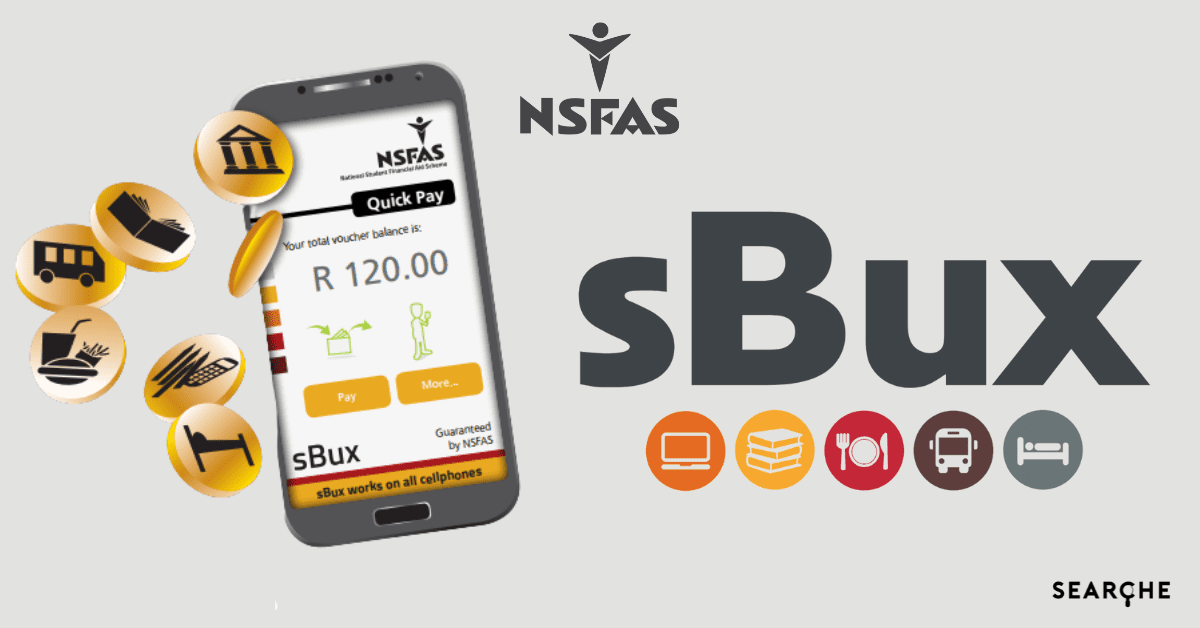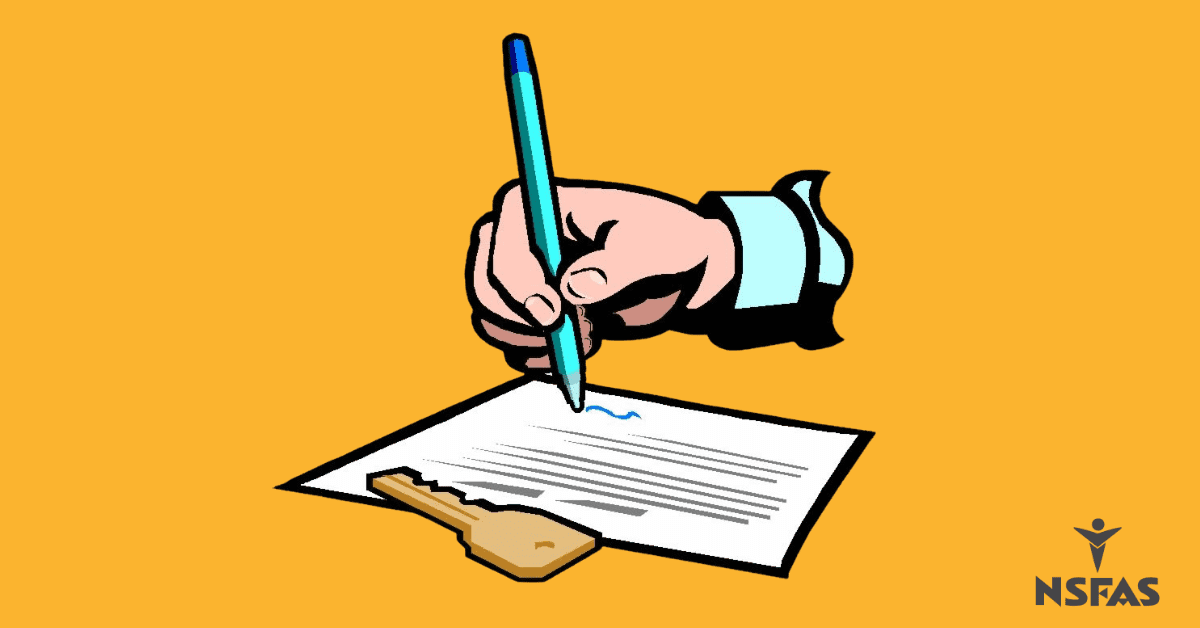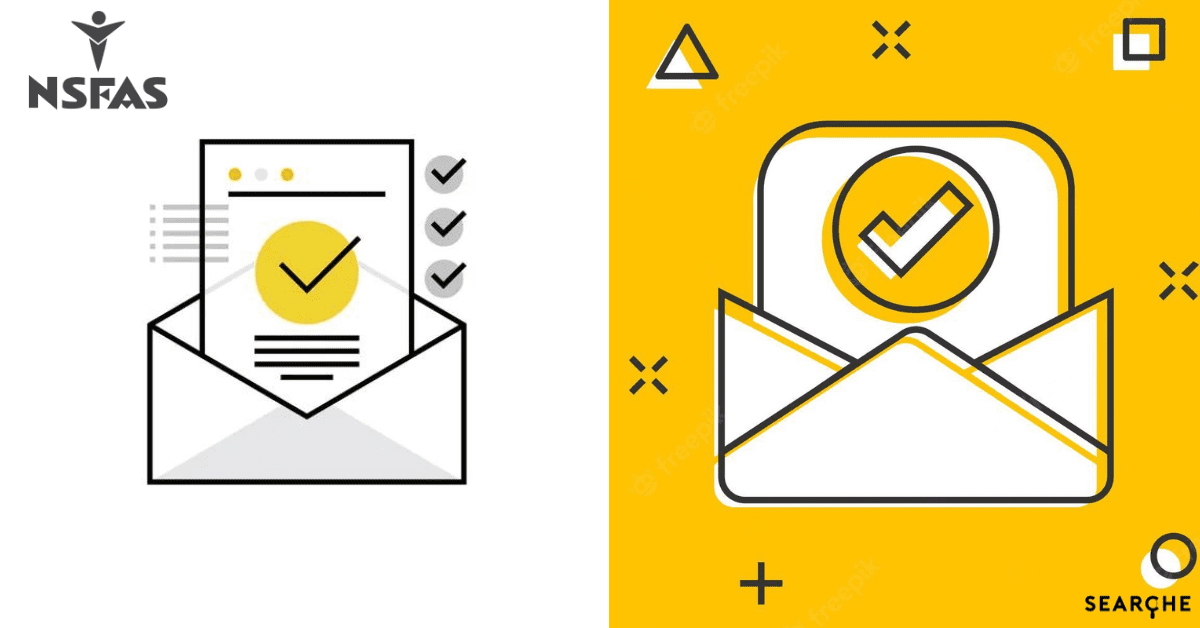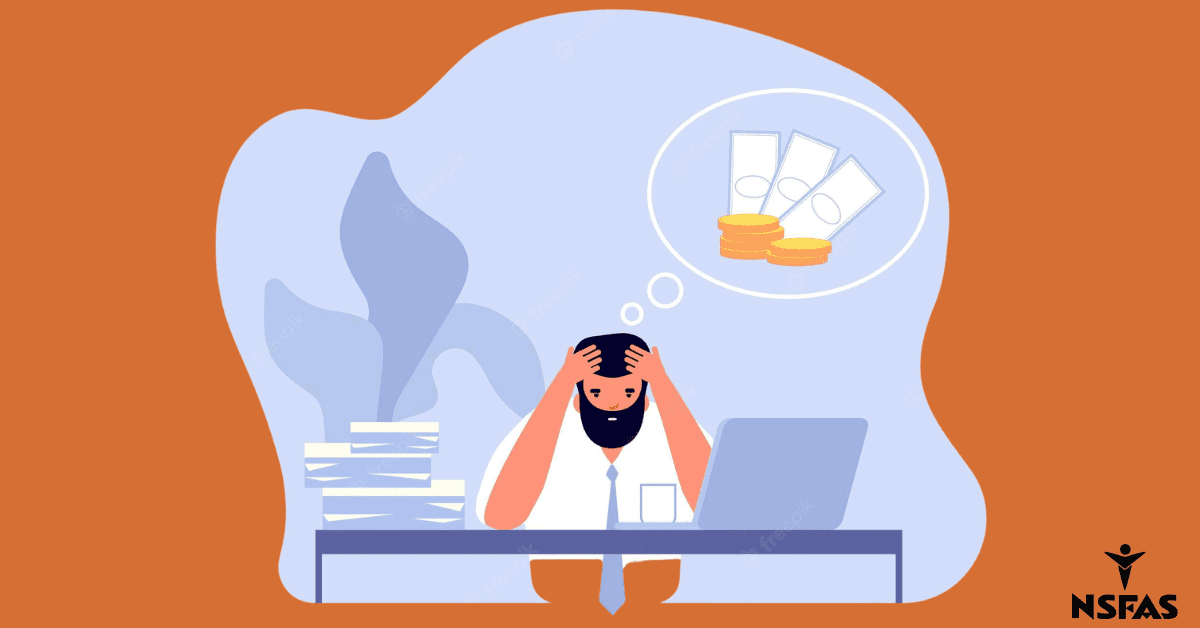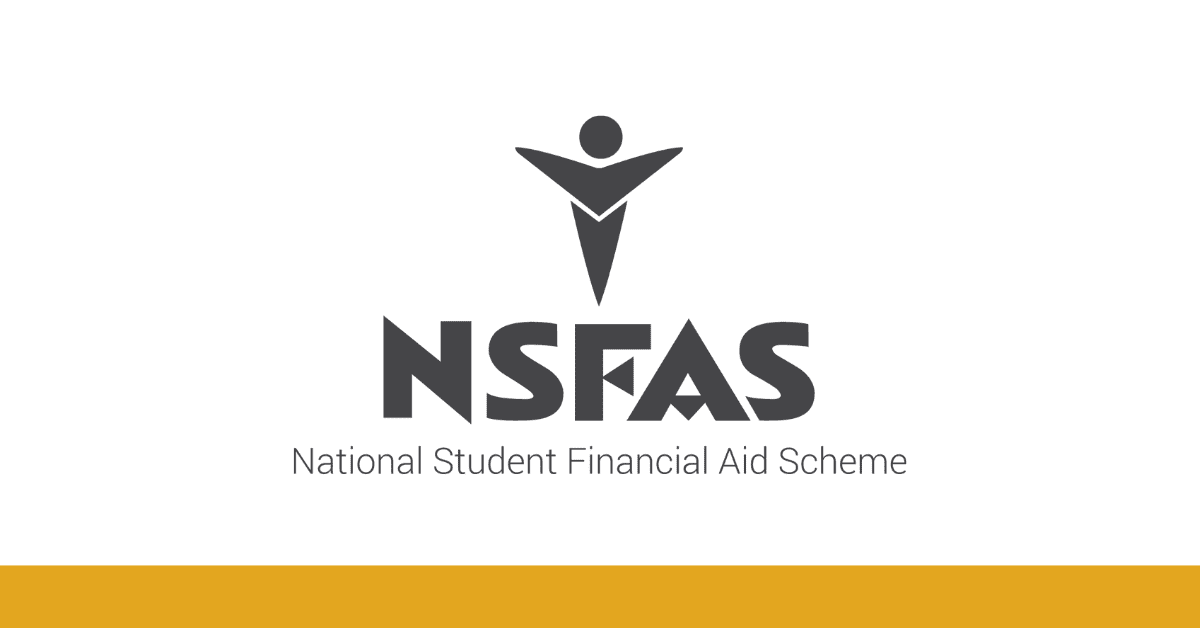The National Student Financial Aid Scheme (NSFAS) has produced hundreds of thousands of graduates and funded many more TVET and university students. Although many have a positive story about how NSFAS has changed their life by giving them the opportunity to pursue tertiary education where they otherwise couldn’t, confusion still exists surrounding repaying NSFAS, how it works and the minimum payments. That confusion only escalated following former President Jacob Zuma’s announcement that tertiary education would be free. But this post will provide clarity regarding repaying NSFAS.
Does NSFAS Need to be Paid Back?
Yes, students who signed an agreement with NSFAS before 2018 must repay the loan according to the legal agreement. Students who’ve used NSFAS since 2018 — whether studying for the first time or continuing their studies — will benefit from the free education policies.
Why is Paying Back NSFAS Important?
Like any loan, not paying NSFAS has ramifications. Most of those ramifications will revolve around your financial prospects but could even affect your job prospects.
Therefore, if you want to go against NSFAS, direct your activism elsewhere, and make an effort to meet the payment schedule.
Non-Payment and Late Payments Negative Affects:
- Your Credit Score
Your credit score is central to getting loans, credit or store cards, a car on credit, and even determining your insurance premiums.
When you haven’t paid NSFAS or paid it late, it reflects on your credit report every time someone runs a credit report.
- Your Job Placement
For example, having a less-than-stellar credit report can affect your chances of employment if you work in the financial services sector. As employers do background checks and credit checks, if they see your credit history is undesirable because of NSFAS non-payment, they may decide against hiring you.
- Interest Rates for Other Loans
If you’re wondering why you’re paying in the low to mid-twenties on your car or store card payments rather than the lower teen figure quoted in ads, this has to do with your credit report and credit history. Because you’re considered a risky borrower, your interest rates on loans will always be higher.
- Home Buying Prospects
Home loans are some of the most stringent loans on the market. To get a home loan, your credit history needs to be in order; if it’s not because you chose not to pay your NSFAS loans, you could be denied a home loan.
Non-payment of your NSFAS could also lead you to be blacklisted. In 2016, NSFAS said they would follow the normal debt recovery process for employed borrowers.
How Does Paying Back NSFAS Work?
You only need to start repaying NSFAS once you get a job and earn more than the repayment threshold.
How much you repay will depend on whether you passed your modules according to NSFAS criteria. For every semester or year you passed, 40 per cent of the loan is converted into a bursary; you will only repay the remaining 60 per cent.
When you get a job, you can decide to make repayments by debit order, EFT, or salary deductions.
To set up a debit order, you can fill in this online NSFAS debit order form and email it to collections@nsfas.org.za.
For EFTs, you can make deposits to the NSFAS bank account using the following details:
Name of Account: NSFAS Branch Code: 210554 Bank: First National Bank Account Number: 500 600 28203 Reference: Your ID Number
You’ll need to make a payment every month that you’re employed. Each payment will be a percentage of your salary with interest.
There isn’t a specified repayment period, so as long as you’re working, you’ll repay NSFAS until the loan is fully repaid, which could be upwards of 30 years, depending on how much you earn and how much you’ve borrowed.
Who Must Repay NSFAS?
Students who completed their studies before 2018, when the government implemented free education.
How Much Do You Pay Back for NSFAS?
Students who are required to repay their NSFAS loans will have their loan repayments determined by how much they earn, followed by how much interest is added to these payments.
Once your gross salary exceeds R30,000 (or you earn more than R2,500 a month), you must start paying NSFAS back.
Your repayments can’t be predetermined as they’re a percentage of your annual salary, taken over 12 months.
For borrowers making between R30,000 to R36,600 a year, a repayment of 3 per cent of your annual salary will need to be paid; this doesn’t include NSFAS’s interest rates.
That means, excluding interest, borrowers on the lower end of the spectrum can expect to pay R75 on their NSFAS loan every month.
NSFAS borrowers earning a gross salary of more than R59,800 a year will pay 8 per cent of their salary to NSFAS.
This equates to a minimum monthly repayment of R398.67 plus interest.
All NSFAS borrowers pay the same interest rates, which is currently 4.2%. However, NSFAS interest rates change according to the repo rate because it’s pegged to 80 per cent of the repo rate.
For more information on repaying NSFAS, you can call 080 006 7327.
